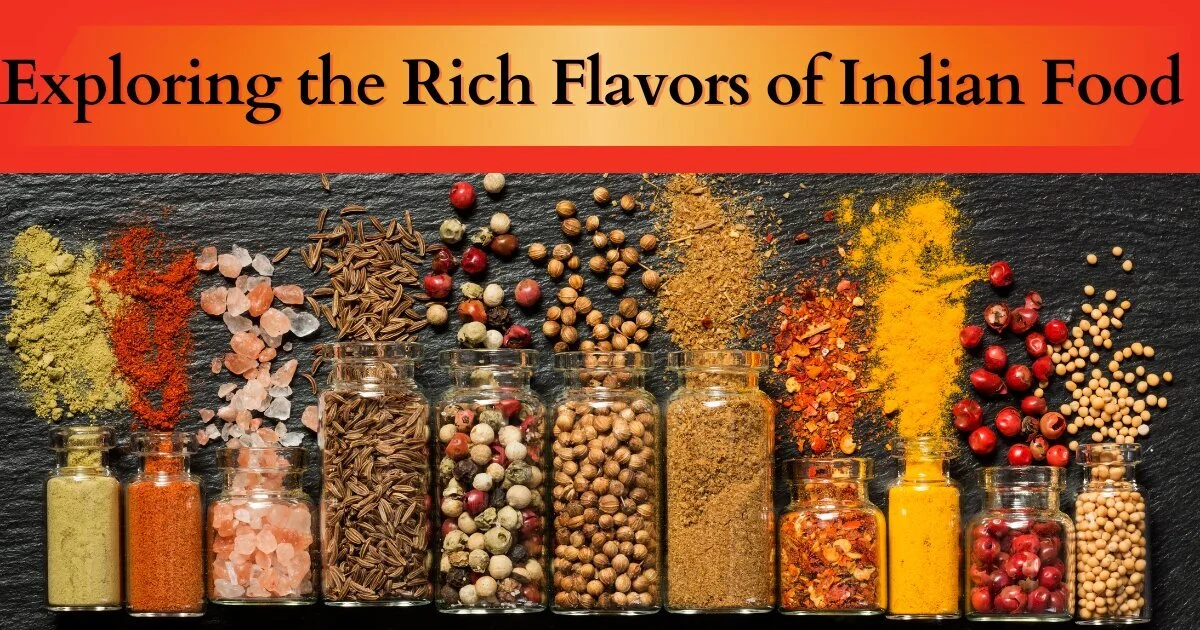Is Indian food healthy? Indian food is not only delicious but also offers a wide range of health benefits. The traditional Indian diet is known for its rich and diverse flavors, as well as its nutritional value.
Healthy Indian cuisine incorporates a variety of fresh vegetables, whole grains, legumes, and spices that are not only tasty but also provide essential nutrients. The use of herbs and spices such as turmeric, cumin, coriander, and ginger adds the required flavor with potential health benefits.
The traditional Indian diet is typically low in saturated fats and high in fiber due to the importance on plant based foods. This can contribute to improved heart health and weight management.
Also, the inclusion of lentils, chickpeas, and other legumes in Indian dishes provides a good source of protein for vegetarians or those who are looking to reduce their meat consumption.
It is important to note that the nutritional value of Indian food can vary depending on cooking methods and ingredients used. However, when prepared with fresh ingredients and mindful cooking techniques such as steaming or grilling rather than deep frying, it can be a healthy option for individuals seeking a balanced diet.
Reasons why is indian food healthy?
Nutritional value
Indian cooking is renowned for its vibrant flavors and aromatic spices. Beyond adding taste and aroma to dishes, the spices and herbs used in Indian cuisine also offer a plethora of health benefits. Some of the commonly used Indian spices and herbs, namely turmeric, cumin, coriander, ginger, and garlic.
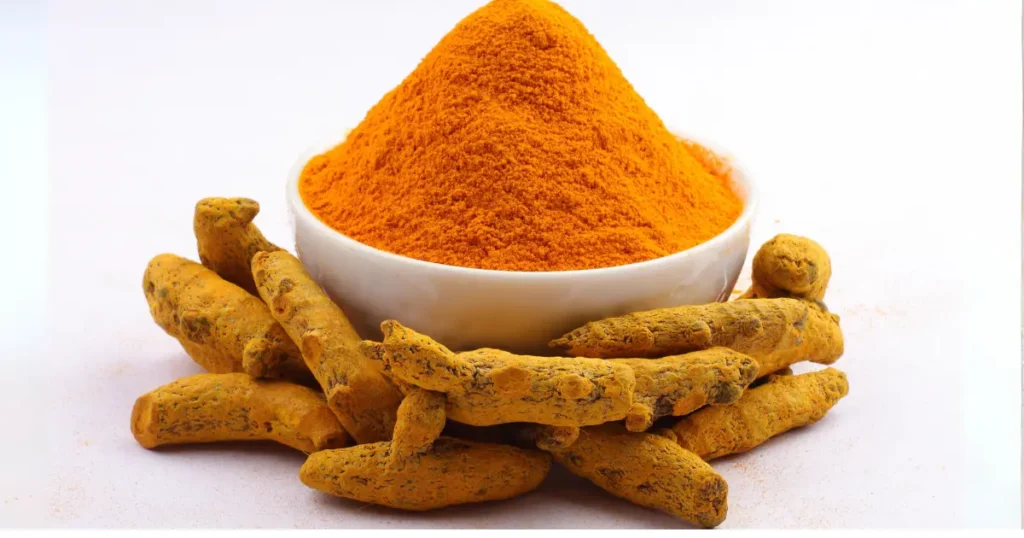
Turmeric: Turmeric is a staple in Indian cooking and contains a compound called curcumin known for its anti-inflammatory properties. It has been used for centuries in traditional medicine to mitigate various health conditions and it is also used as an immune booster.
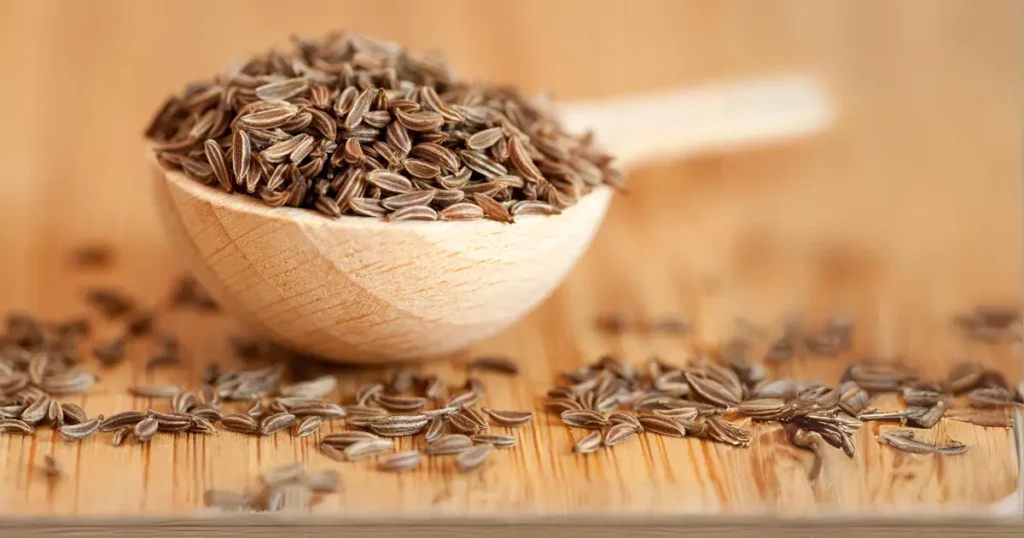
Cumin: Cumin not only adds a distinct flavor to dishes but also boasts numerous health benefits. It aids in digestion by stimulating enzyme secretion and can help relieve symptoms of bloating or indigestion. Cumin is also rich in iron which is essential for red blood cell production.
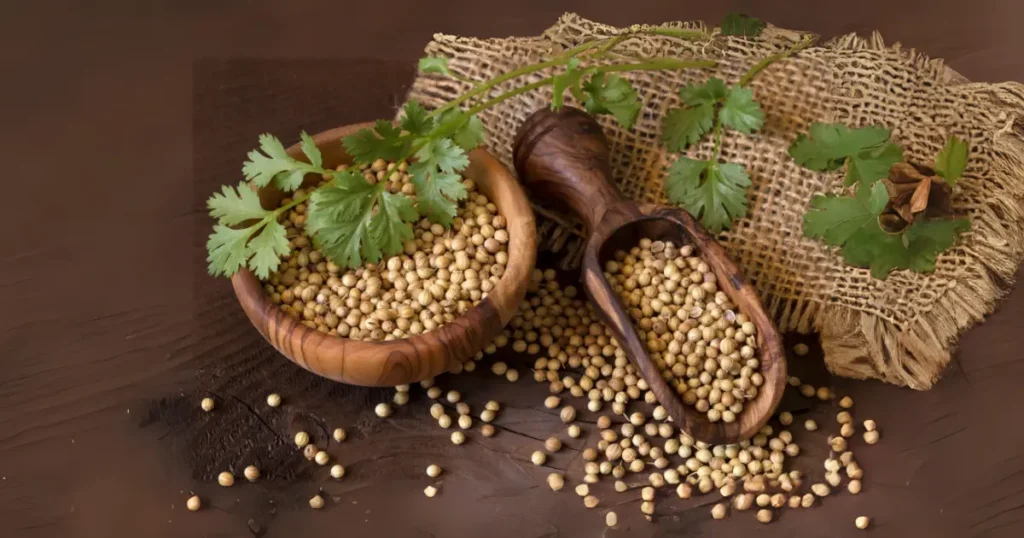
Coriander: Coriander leaves or cilantros are commonly used to garnish in Indian dishes. They are packed with antioxidants that help fight free radicals in the body. Coriander also contains vitamins A, C, K, and minerals like potassium which contribute to overall good health.
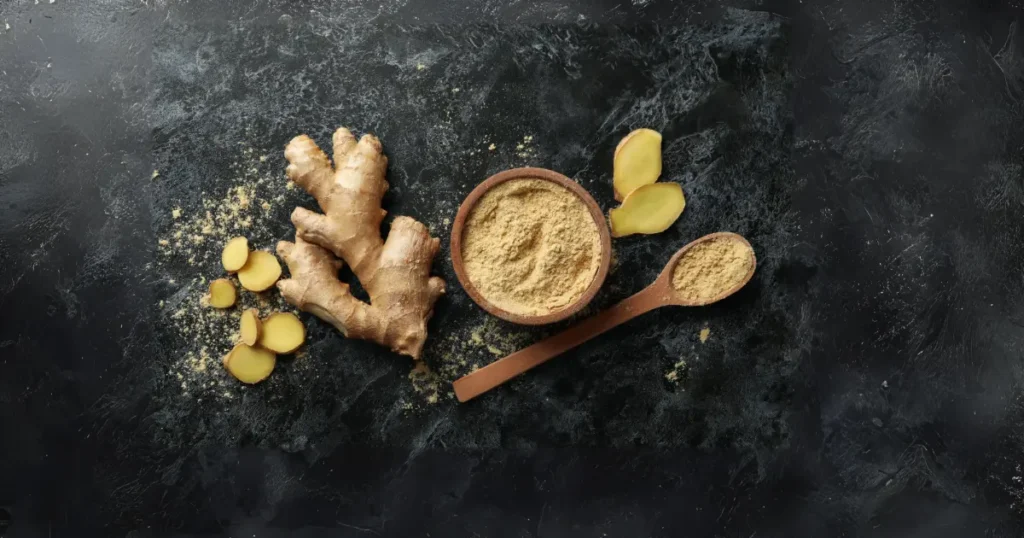
Ginger: Ginger is widely recognized for its medicinal properties. It aids digestion by reducing nausea and improving gut motility. Gingerol the bioactive compound found in ginger has anti inflammatory effects that may help reduce muscle pain or soreness.
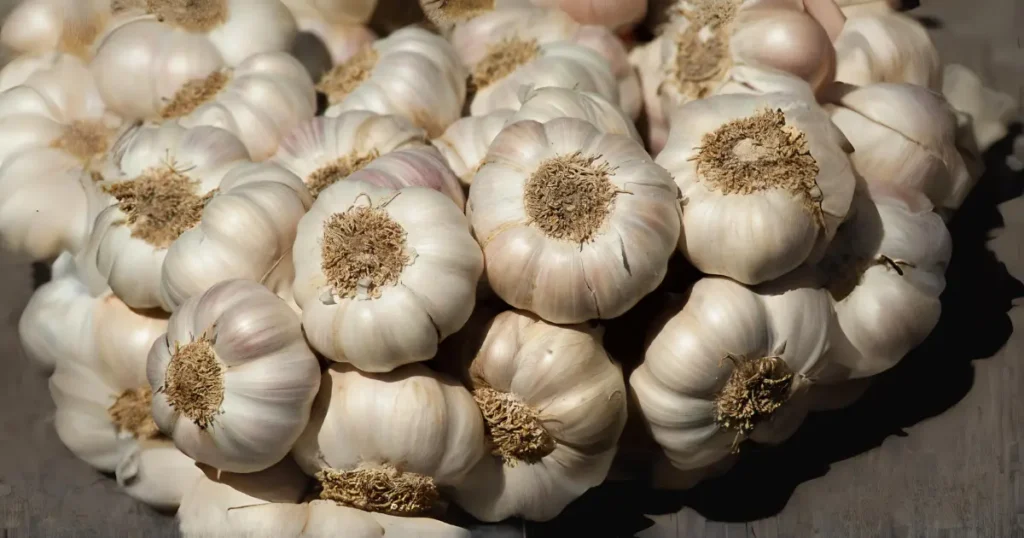
Garlic: Garlic adds flavor and also offers several health benefits due to its sulfur-containing compounds. It is known to have antimicrobial properties that can help fight infections. Garlic may also support heart health by reducing cholesterol levels and promoting healthy blood pressure.
These spices and herbs commonly used in Indian cooking go beyond enhancing taste; they bring a range of potential health benefits.
Balanced Ingredients
Traditional Indian cuisines are known for its rich flavors and spices. One of the key aspects that set it apart is the emphasis on using a variety of balanced ingredients. These ingredients not only contribute to the taste but also offer numerous health benefits.
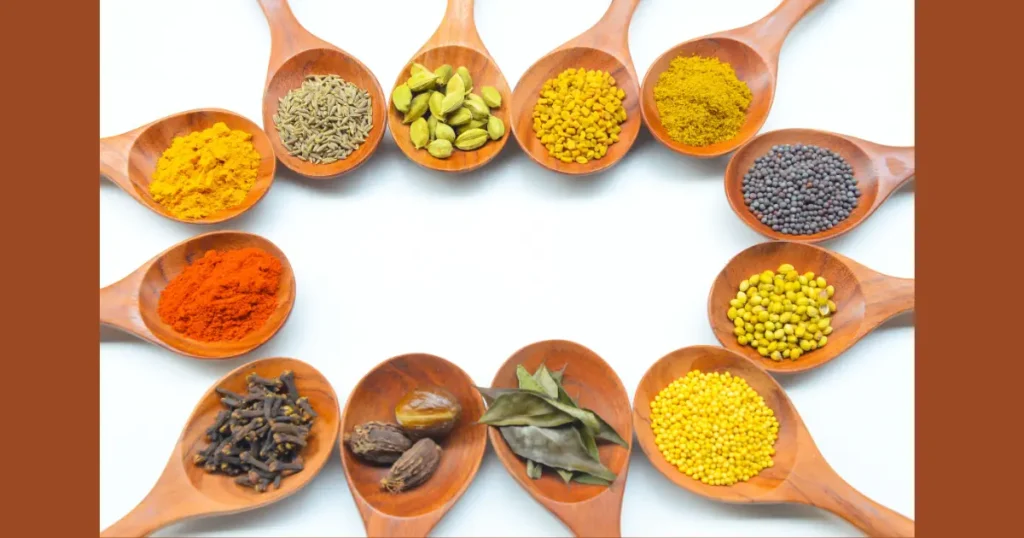
In traditional Indian recipes, every ingredient serves a purpose and is carefully chosen to create a harmonious blend of flavors. From aromatic spices like turmeric, cumin, and coriander to fresh herbs like cilantro and mint, each ingredient adds its unique touch to the dish.
Also Read: 15 Questions To Discover Your Life Purpose
Many spices used in these recipes have medicinal properties that have been recognized for centuries. Turmeric, for example, contains curcumin which has powerful anti inflammatory properties. Similarly, ginger is known for its digestion aiding qualities.
Indian cuisine incorporates a wide range of vegetables, legumes, whole grains, and lean proteins. This combination provides essential nutrients such as fiber, vitamins, minerals, and antioxidants that are vital for maintaining good health.
Cooking Techniques
Is Indian food healthy due to its rich flavors and diverse range of cooking techniques? The healthy cooking techniques commonly used in Indian cuisine.
One of the most popular methods is steaming, which involves cooking food over boiling water without any added fats or oils. This technique helps retain the nutrients in the ingredients while keeping them moist and flavorful.
Other commonly used technique is sauteing, where ingredients are cooked quickly over high heat with a small amount of oil. This method allows for quick cooking while preserving the natural flavors and textures of the ingredients.
Grilling or tandoori cooking is also prevalent. This involves marinating meats or vegetables in a mixture of spices and yogurt, and then grilling them to perfection. This technique adds a smoky flavor to the dish without excessive use of oil or fats.
Pressure cooking is another popular method in Indian kitchens. It allows for faster cooking times while retaining the nutritional value of the ingredients. Pressure cookers are often used to prepare lentils, rice, and stews.
Lastly, stir frying is a technique that involves quickly frying ingredients in a small amount of oil over high heat. This method ensures that vegetables retain their crispness while being cooked rapidly.
Conclusion
In conclusion, Indian cuisines provide variety of spices and wholesome ingredients which promotes digestive health and overall well-being. Prioritizing balance and moderation, mindful choices enhances our nutritional benefits. Let us celebrate the nourishing qualities of this ancient cuisines.
Always consult with a healthcare professional or registered dietitian for personalized dietary advice and guidance.
FAQ
Is Indian food healthy to eat every day?
Yes, Indian food is healthy to eat every day, as it offers a variety of nutritious options rich in spices, vegetables, and whole grains.
Is Indian food healthy for weight loss?
Indian food has the ability to support weight loss goals by consuming lean proteins, fiber-rich legumes, and metabolism-boosting spices.
Is Indian food healthy vegetarian?
Indian food offers a wealth of healthy vegetarian options, featuring plant based ingredients like vegetables, lentils, and grains.
Disadvantages of Indian food?
While Indian food is generally nutritious, some disadvantages may include high levels of sodium, saturated fats, and refined carbohydrates in certain dishes.
Is Indian food healthy for diabetics?
If Indian food is consumed moderately with balanced meals focusing on plenty of vegetables proteins, and whole grains can be healthy for diabetics
Is chicken tikka masala healthy?
Chicken tikka masala is made with lean chicken, yogurt-based marinade, and minimal added fats can be considered healthy, but it can also be high in calories and saturated fats when prepared with heavy cream and butter.
While Indian cuisine offers numerous health benefits, individual dietary needs and preferences may vary. It’s important to enjoy a balanced diet that includes a variety of foods to ensure overall nutrition and well-being.

